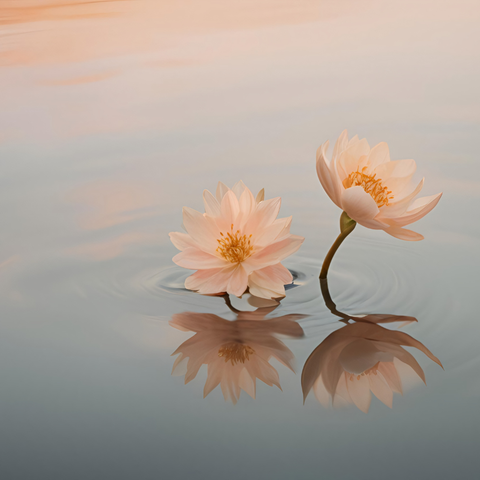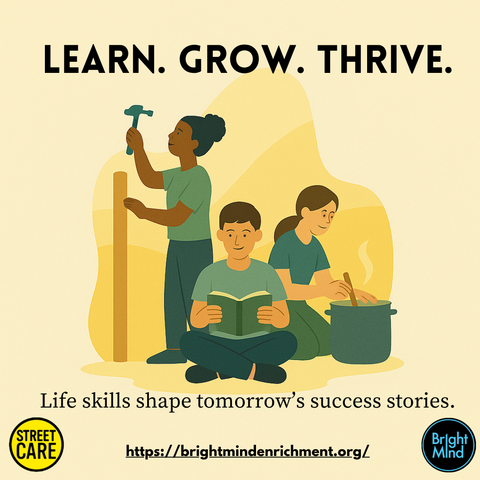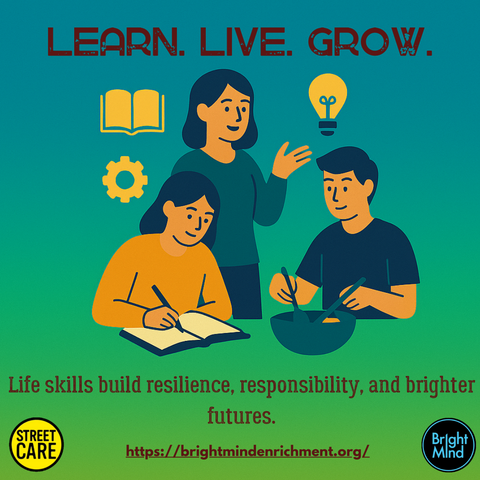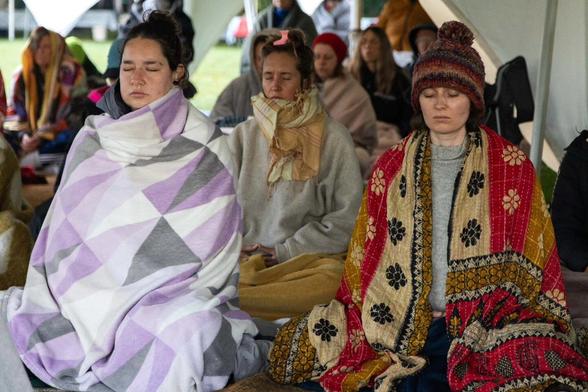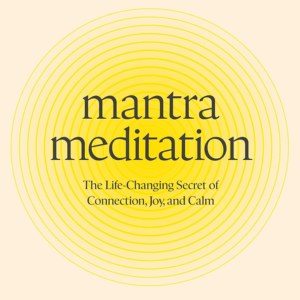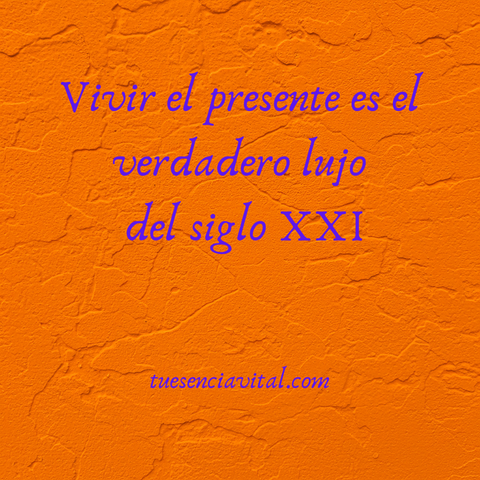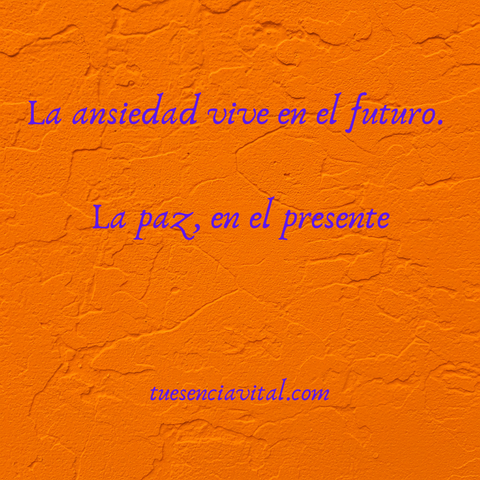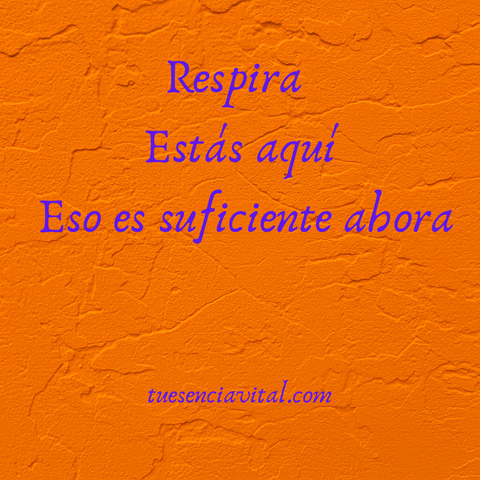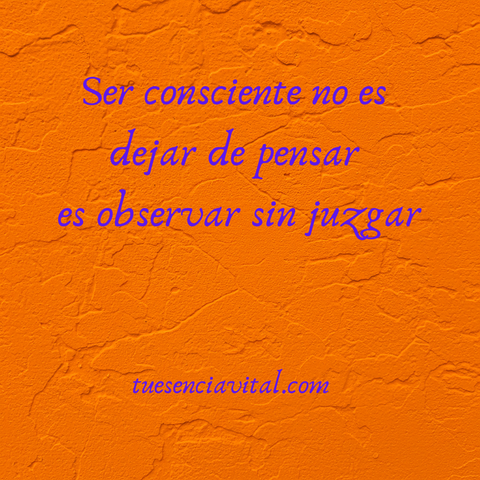The Wisdom Of Just For Today
Most people familiar with Reiki have heard the principles of Reiki a time or two. Or you may have come across them at your local yoga studio as a gentle reminder to practice mindfulness. If you have not heard of the Reiki Principles, you are in for a treat, dear reader, as we explore the meaning and wisdom of each one.
Just for today, I will not worry.
Just for today, I will not be angry.
Just for today, I will do my work honestly.
Just for today, I will give thanks for my many blessings.
Just for today, I will be kind to my neighbor and every living thing.
Just for today, I will not worry.
Worry is the thief of time. When we worry, we are not living in the present moment and are allowing the future to invade our now-ness. The beauty of just for today, I will not worry, is that we are not saying we will never worry again- thus creating more anxiety. We focus on the present and what is currently in our control.
Let’s talk about anxiety briefly. Anxiety is a common emotion characterized by feelings of worry, fear, and unease. Everyone experiences anxiety to some degree at some point in their life, but for some people, anxiety can become overwhelming and interfere with their daily activities.
I suffered from social anxiety and general anxiety off and on for years. It was worse during my last year in college. At the time, I did not have adequate coping skills. I remember having a panic attack in the middle of a calculus exam- I wound up withdrawing from the class.
It was shortly after this I started looking into self-hypnosis and meditation to help with my anxiety. If someone had told me then, “Just for today, do not worry,” I would have told them where they could shove their pithy phrase!
It is difficult to extract oneself from emotional turmoil if there has not been practice while calm. Years of meditation practice have fostered a stillness within, a place of refuge available even amid anxiety.
Do I still worry from time to time- absolutely! However, my moments of worry no longer spiral outward, causing panic attacks or indecision. I can take a breath and ask myself some pertinent questions, such as:
Is there anything I can do about the situation in the moment?
Is worry going to affect the outcome or make things worse?
The answer to these questions is usually NO. So I focus on my breath, gently reminding myself I have no control over the outcome of most life situations.
Again, this hasn’t happened overnight- this is years of practice – there is no mastering, only continued practice.
Just for today, I will not be angry.
Anger is a natural and normal emotion that everyone experiences occasionally, often described as intense displeasure, frustration, or annoyance that arises in response to a perceived threat or injustice.
Photo by Pixabay on
Pexels.comThe keyword is perceived. We tend to take situations personally, even when not meant to be. This can lead us down a path of frustration and anger, which can harm our well-being. By recognizing this tendency and approaching situations objectively and rationally, we can free ourselves from unnecessary negative emotions and find a more positive and fulfilling path forward.
Anger can range from mild irritation to intense rage and can be triggered by various internal or external factors. While some levels of anger are healthy and can even be productive, excessive or uncontrolled anger can harm us and others. Managing and expressing our anger healthily is essential to maintaining positive relationships and overall well-being.
For example, my morning commute can be the worst part of my day. Aggressive driving on the highway is dangerous and stressful, as I am routinely cut off by drivers who insist on weaving in and out of traffic at high speeds. Occasionally, when cut off, my anger is intense- I curse and yell, honk my horn, and sometimes stew about the other driver for the rest of my commute or longer, continually sending waves of anger throughout my entire body. Not healthy.
If I remember my Reiki principles during these experiences, I can extricate myself from the emotional turmoil. The other driver is not out to get me or anyone else- they are only concerned with themselves. And perhaps they are in a crisis. Maybe someone is sick and racing to get to a hospital. When I allow these thoughts to arise, I can have compassion for the other person and pray or send them healing energy on their journey.
This also helps my journey, as instead of waves of anger washing through every cell of my vessel, I am sending compassion because, just for today, I will not be angry.
Just for today, I will do my work honestly.
This principle occasionally needs clarification. It applies to professional work as well as to work done in personal or professional settings. Working honestly means not taking shortcuts and being truthful about one’s abilities.
In a professional setting, we strive for integrity in our work by paying attention to detail and deadlines and asking for help when necessary. It means putting our ego aside to accomplish what is best for the whole.
In our personal endeavors, working honestly can refer to taking care of family and friends responsibly and cultivating relationships supported by mutual trust.
Photo by fauxels on
Pexels.comWith the current profusion of AI in industry, this principle takes center stage. We need to ask ourselves if we are responsibly using this technology. Using AI to write entire blog posts or essays without acknowledging AI is not ethical, in my opinion. This technology is a wonderful asset for constructing outlines, spawning ideas, or correcting grammar and spelling mistakes, as we have all used spellcheck for years. Yet, the temptation to use it as an “easy button” constantly exists.
By remembering the principle of just for today, I will do my work honestly; we can relieve ourselves of the temptation to take shortcuts, for there are lessons in making mistakes. The regular practice of our skills hones our unique, authentic voice, the true voice we should share with the world. The voice of AI lacks humanness. The compassion that a life resplendent of love and sorrow, pleasure and pain, and failure and triumph allows us to have a deep, honest connection with others, as it is in these emotions that we share common humanity.
Just for today, I will give thanks for my many blessings.
This seems simple enough, yet we forget how blessed we are in moments of sorrow or dealing with many hardships. However, even amid turmoil, we can shift our energy and perspective if we can find some small way to be grateful.
One way to shift your perspective is to reflect on the blessings in your life, no matter how big or small they may be. I have found it helpful for my mental health to appreciate the simple blessings of having good health, a place to live, and food to eat. If we have these things, we are luckier than a significant portion of the human population. However, we should avoid comparing ourselves to our friends and family, as it can lead to feelings of jealousy and dissatisfaction. If you find yourself on this path, ask yourself why it matters if others have more than you.
We must remind ourselves that everyone’s journey is unique, and comparing our blessings to others often leads to unnecessary stress on our mental well-being. Gratitude is a powerful tool that can help us navigate challenging times by acknowledging the positive aspects of our lives. It allows us to focus on what we do have rather than what we lack, fostering a sense of contentment and fulfillment. Embracing an attitude of gratitude can profoundly impact our overall outlook, promoting resilience and a more positive mindset.
Just for today, I will be kind to my neighbor and every living thing.
This seems simple enough, right? Yet we all, at some point, take out our frustrations on others who are not deserving of our ire. We need to remember that everyone is fighting their own battles, and a simple smile can profoundly affect someone’s day.
We must also be aware of our actions concerning the natural world of which we are an intrinsic part. Due to technology and our selfish trappings, we forget that we have no more right to a radiant life than any other part of existence. We exist in a web of life where every part matters or nothing does. We only realize our impact when we see news headlines regarding the garbage patch in the oceans or when wildlife encroaches on our dwellings because we selfishly take THEIR land and homes from them in the name of progress. Is it progress if we destroy our only home in the process?
Photo by Alex Andrews on
Pexels.comThe interconnectedness of all life on Earth is a fundamental truth often overlooked in pursuing human development and progress. The advancement of technology has led to a disconnect between humanity and the natural world, fostering a sense of entitlement and detachment from our responsibilities as caretakers of the planet. It is crucial to acknowledge that our actions have far-reaching consequences, affecting our well-being and the delicate balance of the ecosystems that support all forms of life.
The timeless wisdom encapsulated in the Reiki principles gently reminds us of our interconnectedness with the universe and each other. Through daily mindfulness, compassion, honesty, gratitude, and kindness, we can cultivate a more harmonious and conscious way of being.
If you would like to immerse yourself in the wisdom of Just for Today, listen to a guided meditation designed to foster presence and acceptance.
https://open.spotify.com/episode/4AGlTZ0uy4qYDlCmR6WIjq?si=lQRMjXJPRcqfCCpPONbU7Q
Namaste.
#anxiety #awareness #balance #calm #calmAndCentered #healing #justForToday #meditation #mentalwellbeing #mindful #MindfulLiving #mindfulness #mindfulnesspractice #peacefulLife #practice #reiki #reikiMasterTeacher #reikiPrinciples #resilience #simplemeditationpractice #simplepratice #stressRelief #stressreduction
